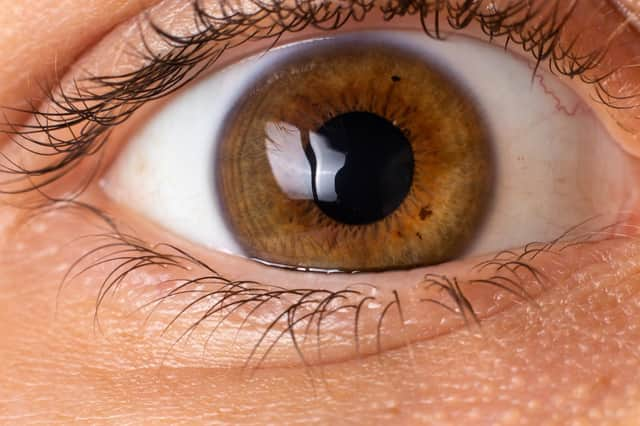How corneal blindness is affecting the world population


When we think of blindness, we tend to think of one all-encompassing condition. While it is true that all blindness restricts a person’s visions in some ways, the cause of the blindness can vary greatly, just like with any other ailment.
Corneal blindness is one of the most common forms of blindness and unlike cataracts, glaucoma, and age-related macular degeneration which tend to develop in older generations, corneal blindness is often found in those who are younger.
It is also found in those in poorer socio-economical areas, particularly in parts of India. This makes it far more of an issue than it should be.
Though treatments are available, there are many who cannot afford them and therefore have no choice but to continue living with their blindness. Thankfully, there are several charities and foundations working to help those who need it the most.
How is corneal blindness treated?
To treat corneal blindness, patients have to go for a complex procedure that involves either a cornea transplant or graft. Corneas are a standard item on transplant donor lists, but they are donated in fewer amounts than other body parts typically used in transplants. As a result, corneal transplants can be much harder to complete than others as the supply of transplant corneas is much lower than the number of people awaiting treatment.
Thanks to the work of the Tej Kohli Cornea Institute and UKSCF, many people are getting access to treatments they might otherwise never get. With their help, more and more people are recovering their sight, returning to work, and picking up the things they might have once had to put aside.
How can corneal blindness be prevented?
Corneal blindness is preventable, and thousands of people each year could be saved from going blind if the right infrastructures were put in place. It can be something as simple as providing easy access to clean water - one of the major causes of corneal blindness is trachoma, which can be avoided when using clean water for washing.
Improving basic treatments like corneal abrasions would also reduce the need for cornea transplants.
Corneal blindness can be painful to live with. Luckily, there are remedies that could help people recover their sight and return to their lives before blindness. With further development and more research into improving living conditions, there is even a chance that we could eliminate corneal blindness entirely, a long-term goal which could make a life-changing difference to so many people all over the world.